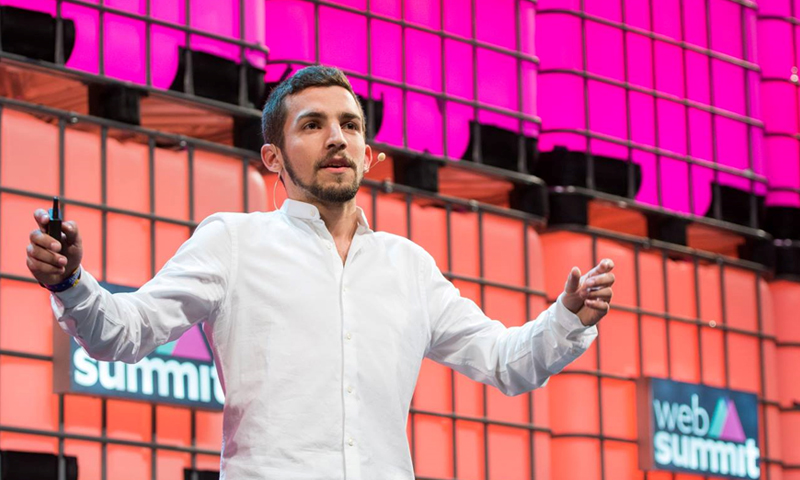
A Syrian Youth Transformed Soil into Energy and his Eye on NASA

“Generating Electric Power from Soil:” an individual dream moved forward to be a project nominated to get a patent by the Syrian youth Wael al Masri, who turned the soil into sustainable electric energy to illuminate the cities at the lowest possible cost.”
Since the age of 16, the young man’s interest in energy, electricity and electronics began as a hobby and turned into an effective application in reality, after a year of experiences and home tests, according to what Wael said to Enab Baladi.
Wael, the son of the city of Daraya in Damascus countryside, participated in local competitions for students in Cyprus, where he was born and raised. He received great attention from his teachers who helped him develop the idea and move on to a stage he described as “the most serious.”
Like other innovative projects, the idea of generating electricity from soil, under the label “soil tron”, required material support to be applied effectively in the field of lighting. This was realized through the communication with energy companies which provided “simple” support enabling Wael to start in a “systematic” manner.
Among the Top Three in an International Competition
A year and a half later, and particularly in 2016, Wael al- Masri participated in the international “Websummit Lisbon,” a competition between 1600 companies.
“I was able to reach the finals of the competition and I was one of the top three, but I did not win first place,” said Wael, who reached the finals of the competition in Lisbon, Portugal, in the presence of more than 15,000 spectators and international media coverage.
After the competition, Wael’s invention was followed by several international companies that wanted to finance the idea. However, a dispute over the ratios between the company he works for and the companies willing to finance prevented the success of the cooperation.
Wael pointed out that he stopped working on the idea temporarily until last month, to resume its development and the search for assistants and supporters.
New Invention Supported by NASA
On April 29, the International Space Agency (NASA) launched a local competition in Cyprus to introduce new inventions and ideas that would find solutions in disaster and emergency situations.
Wael al Masri led a Cypriot team, consisting of 17 young people with different ages and specialties, including electrical and mechanical engineering, business administration and drawing, to participate in the competition.
Wael’s “Nestfold” team managed to win the local competition and move to the international level. The voting for the competition, in order to choose the top five, began on May 9, with a two-week vote.
Folded Shelters to Help People Trapped in Disasters
The “Nestfold” team’s idea revolves around creating folded shelters that can be dropped from the aircraft in cases of disaster and siege. They could accommodate 18 people trapped and are equipped with electricity, food, drink, and everything that people trapped in an area need.
According to Wael, the shelters are equipped to keep people alive for six days, a period Wael considered sufficient to reach those trapped in disasters and save their lives.
Wael clarified that shelters or “cabins” are designed to be resistant to fires, earthquakes, volcanoes, floods and most of natural disasters.
Wael hopes his team will be among the top five in the competition, so he can go to the United States this summer and apply the idea of shelters in reality, with the support of the International Space Agency.
Wael al-Masri was born in Cyprus in 1997 to Syrian parents from the city of Daraya in the countryside of Damascus. He says that although he grew up in Cyprus, he used to visit his mother country every summer before the revolution in 2011, but he did not find the right place to invent and develop new ideas. He pointed out that he also faced difficulties initially in Cyprus, but he overcame circumstances with his insistence.
if you think the article contain wrong information or you have additional details Send Correction
النسخة العربية من المقال
-
Follow us :

















 A
A
A
A
A
A

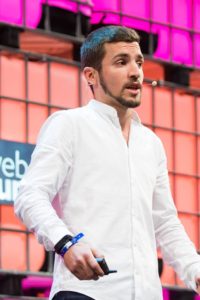
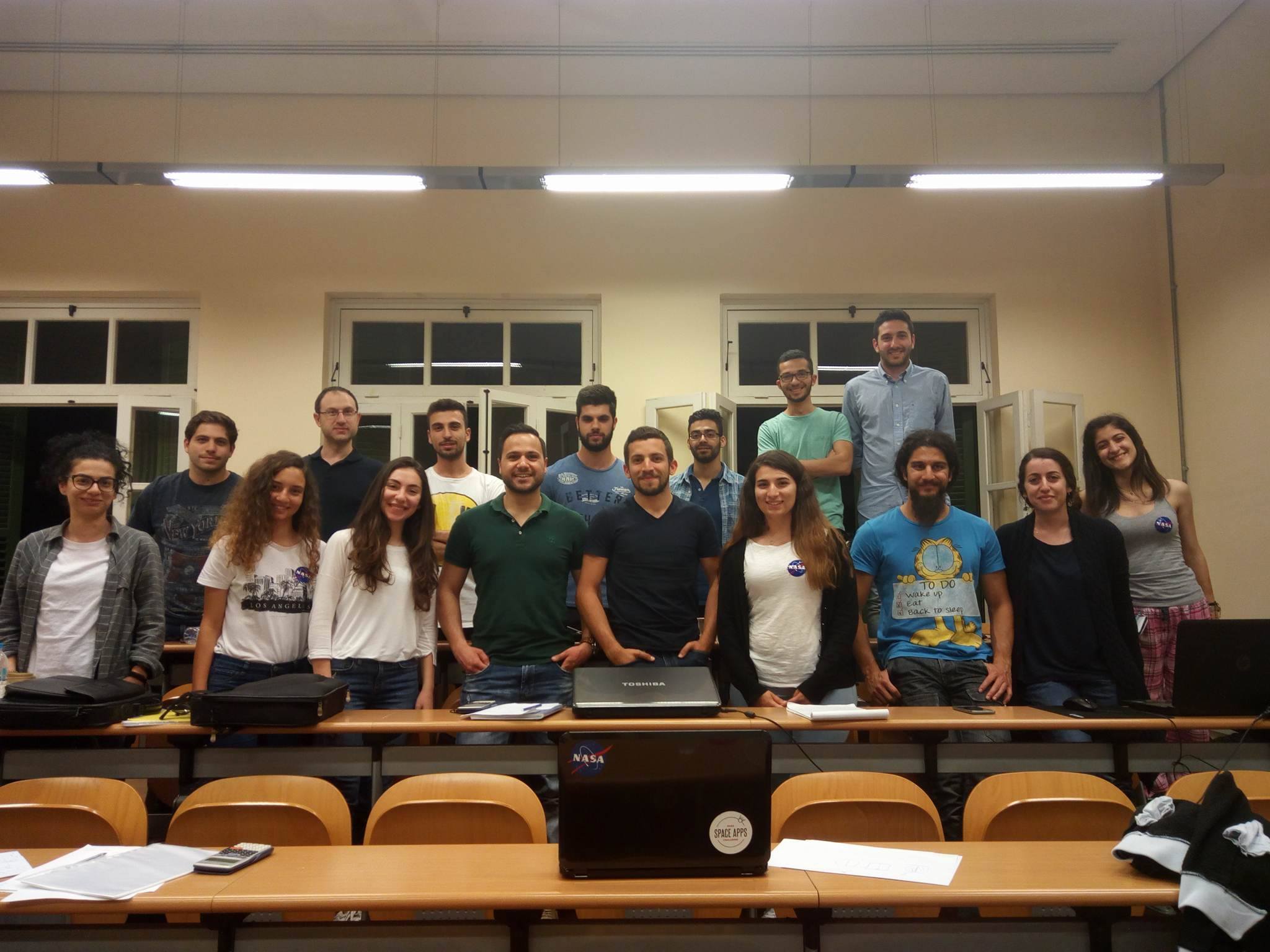


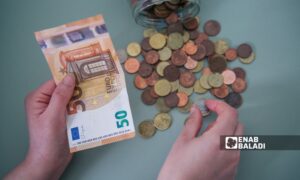
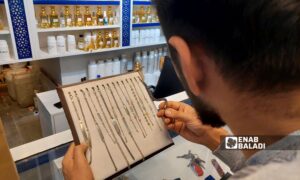
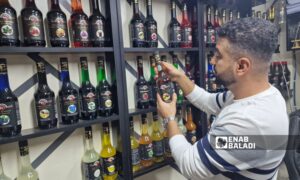
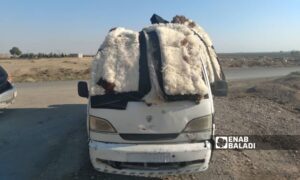
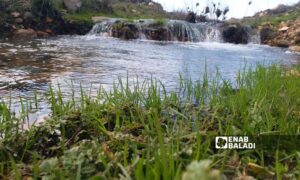
 More Society
More Society